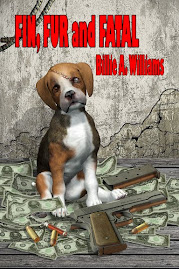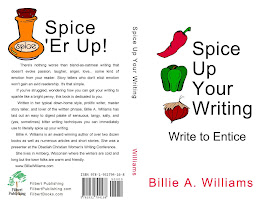“Emotional Freedom is a must-read for anyone who's tired
of feeling frustrated, lonely, or stopped by fear."
-Deepak Chopra
of feeling frustrated, lonely, or stopped by fear."
-Deepak Chopra
I'd like to tell you about my friend and colleague Judith Orloff MD - a UCLA psychiatrist and a pioneer who bridges mainstream medicine with intuition, energy medicine, and spirituality. She invites you on a remarkable journey where you can embrace more happiness and mastery over negativity than you may have ever known. Our world is in the midst of a meltdown. She describes how to stay intuitively and spiritually centered in our times.
Dr. Orloff celebrates the exciting paperback launch of her New York Times bestseller Emotional Freedom: Liberate Yourself from Negative Emotions and Transform Your Life. She is treating you to an incredible one-time book-launch offer with special gifts from herself and friends such as Dr. Daniel Amen, Dr. Joan Borysenko, Dr. Michael Beckwith, and more!
To purchase the book and receive your "Celebrate Joy" special gift collection go to:
In Emotional Freedom Dr. Orloff states:
“I’m presenting the unique process I use with patients and in my own life to view emotions as a path to spiritual and intuitive awakening (not EFT). I synthesize traditional medicine with energy medicine to offer you new tools to master emotions and become heroes in your own life. Inner peace leads to outer peace in the world.”
Publisher's Weekly’s review of Emotional Freedom says:
“Superbly written..Dr. Orloff regards emotions as a training ground for the soul, and views ‘every victory over fear, anxiety, and resentment as a way to develop your spiritual muscles.’”
Emotional Freedom has rave reviews from USA Today, Dr. Candace Pert, Christiane Northrup, M.D., Caroline Myss, Dean Ornish, M.D., and Mary Oliver, Pulitzer Prize-winning poet. They call it “spectacular,” “a must-read,” “a heartfelt, accessible guide,” and “resolutely compassionate.”
In the book, you will discover:
• Four questions to transform fear with courage
• What your emotional type is
• How to stop absorbing the emotions of others
• How to combat emotional vampires with compassion
• The spiritual meaning of depression and hope
Purchase book and claim your "Celebrate Joy" special gift collection at:
If you'd like to liberate yourself from negative emotions and compassionately own the moment in all situations instead of just reacting when your buttons get pushed go to:
Nelson Mandela said: “As we are liberated from our own fear, our presence automatically liberates others.” Help liberate others and please share this announcement with them. Your support makes us happy and grateful!
For more inspiration and to learn about the Emotional Freedom book tour schedule and sign up for our affiliate program visit DrJudithOrloff.com.
View Video click on link












